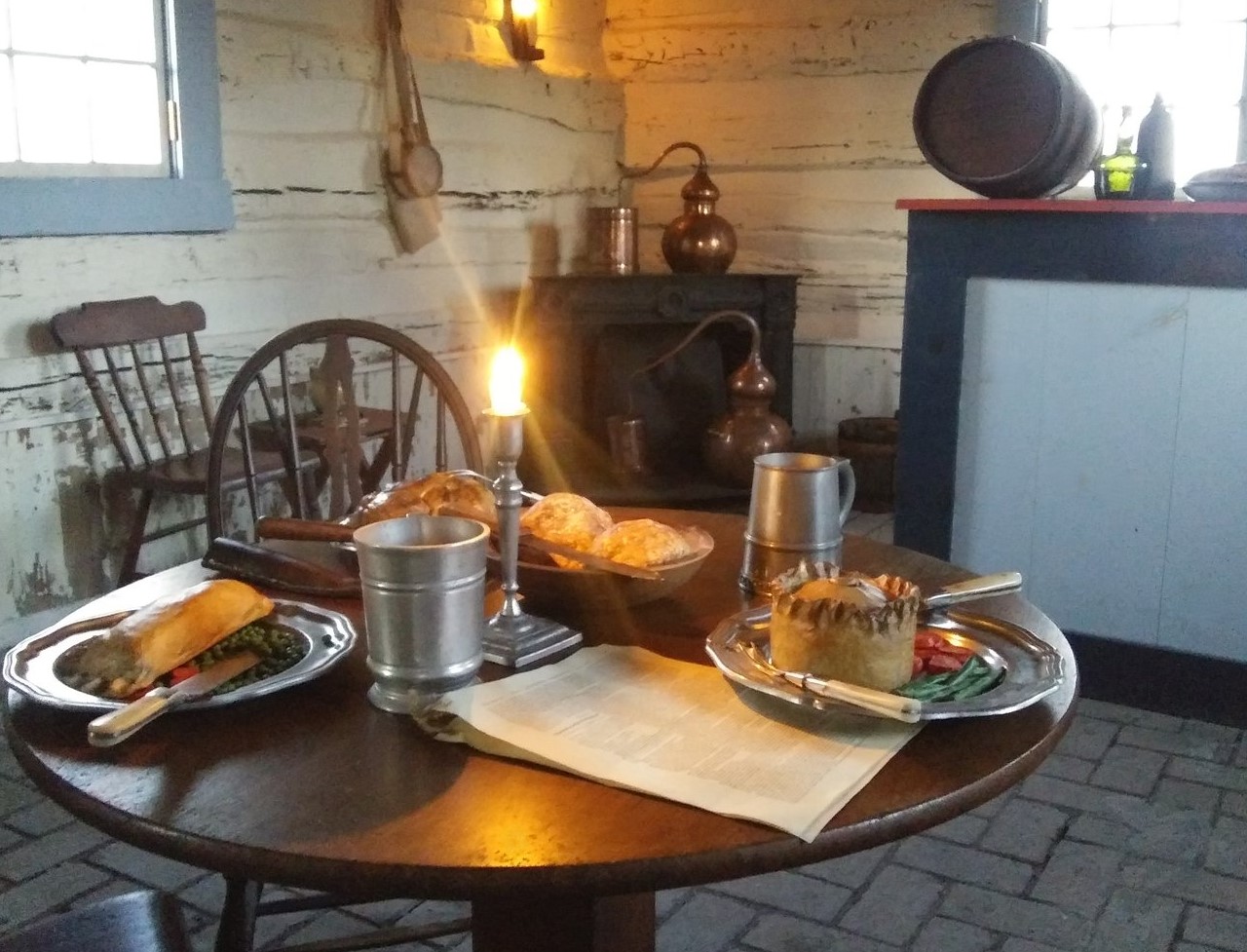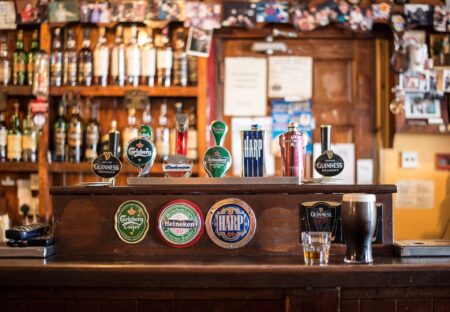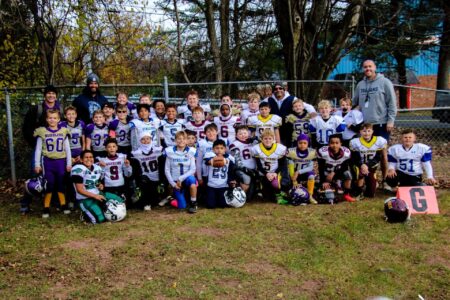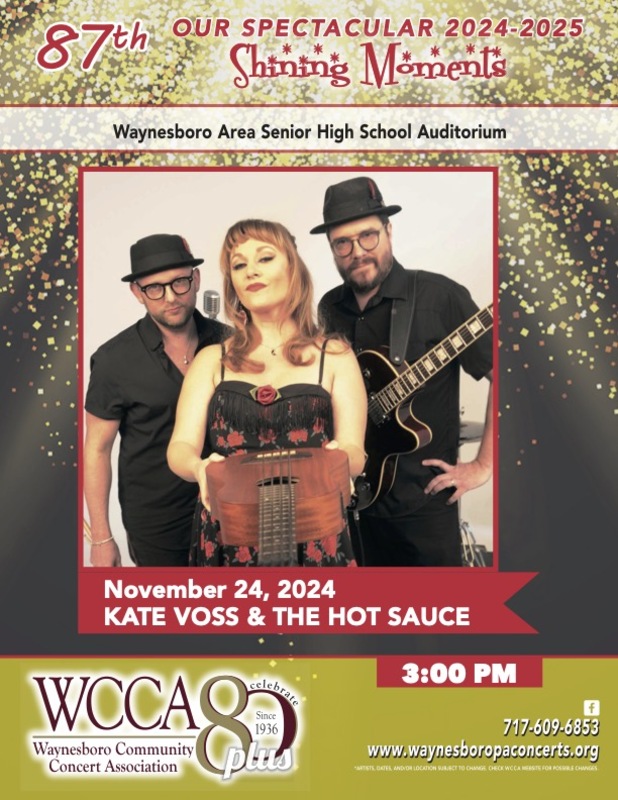MERCERSBURG – A $50,000 donation by its founder, with a matching $50,000 challenge grant, is helping the Conococheague Institute’s mission of fostering awareness, understanding and stewardship of the cultural and natural history of the Appalachian frontier of Pennsylvania, Maryland and Virginia.
The donation and challenge grant were made by institute founder Dr. John Stauffer, a physician by training with a lifelong passion for history.
The Conococheague Institute, located in the scenic Cumberland Valley, is dedicated to preserving and interpreting the rich history of the Appalachian frontier. By highlighting the everyday experiences of 18th century life, the Institute fosters a deeper understanding of the frontier’s historical significance and its relevance to today’s cultural and natural landscapes.
“We are immensely grateful for Dr. Stauffer’s generosity and unwavering support,” said Matthew Wedd, executive director of institute. “His donation and the matching challenge will allow us to further our educational programs, expand preservation efforts and continue connecting the public with the region’s rich heritage. It is an incredible way to finish our celebratory 30th Anniversary.”
The matching gift challenge offers an opportunity for the community to double the impact of their contributions. Donations will be directed toward enhancing institute programs, maintaining the historic site, and supporting hands-on experiences for visitors of all ages.
“We invite the public to join us in this exciting opportunity to support our mission,” added Matthew. “With Dr. Stauffer’s matching gift, every dollar contributed will have double the impact on preserving the stories and landscapes of the frontier, and we have some amazing funded projects to entice donors. Attend any of our free Saturday programs, or our upcoming Nov. 9th Bonfire Night event and see what makes CI such a special place to support.”
Donations can be made directly on the Conococheague Institute’s website or by contacting the institute’s office. The matching challenge will continue until Dec. 31 or until the $50,000 goal is met.
The organization’s annual operating budget is $210,000, which is sustained through donations, estate bequests, memberships, tours and grants, according to the institute’s website.
The name Conococheague Institute symbolizes its focus on the early 18th century, when the area was referred to as the Conococheague Settlement, from the important waterway that gave the region its identity.
Throughout the centuries it has been spelled Canigotschik, Conecocheague, Conegocheek, Conegocheige, Conegochiegh, Conegoge, Conegogee, Conegogeek, Conigochego, Conigotoschick, Conijachola, Connatachequa, Connogocheague, Conocochego, Cunnaquachegue, Cunnatachegue, Cunnatichegue,and Guneukitschik.
In the Lenape native American language it is translated as “Water of many turns” and is phonetically pronounced as “KAH-no-KAH-cheek”.
From 16,000 BCE to the 1700’s C.E the land was inhabited by Susquehannoks, Shawnees, Lenni Lenape (Delawares) and tribes that made up the Six Nations (Iroquois). Numerous archaeology finds have shown extensive evidence of this rich cultural heritage, as the area was primarily a hunting and transportation corridor for tribes moving north and south.
In 1822, the Moravian missionary, John Gottlieb Heckewelder , widely traveled among the Delaware native Americans. In his writings he mentioned “Conococheague” and offered the translation as “long indeed, very long indeed.”
The Institute operates a 30-acre historic site with 18th-and 19th century log houses and outbuildings, an early American kitchen garden, working well and bake oven, a Visitor Center (with changing exhibits and programs), rose and pollinator gardens, a frontier Ordinary (tavern), flower fields and access to a historic cemetery dating to the 1760s, according to the institute website.
Several Nature Trails highlight meadowland, woodland and wetlands ponds with diverse flora and fauna.
For more information on the Conococheague Institute, its hours of operation and directions, or to make a donation, people may visit www.cimlg.org or call 717-328-2800.






















